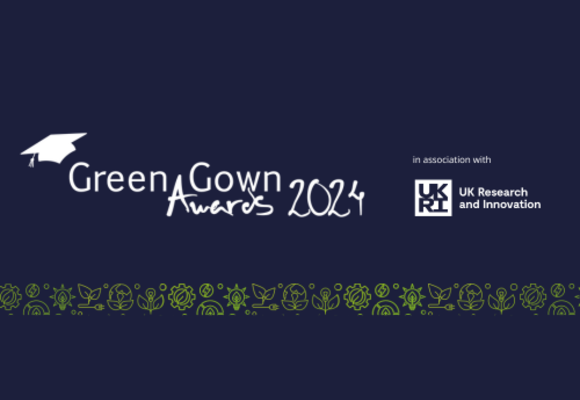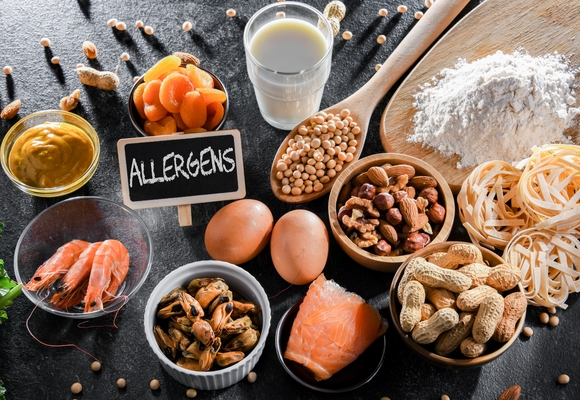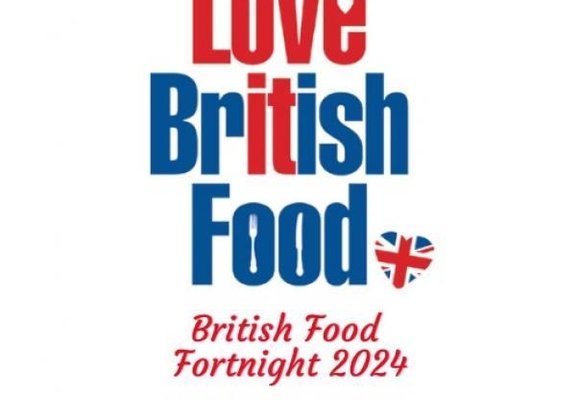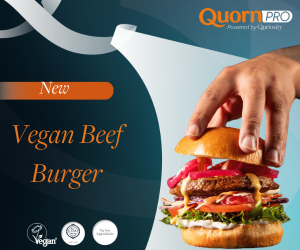To help reduce food waste further and faster, WRAP’s Retail Survey assessed actions against best practice guidance developed by WRAP, in association with the Food Standards Agency and Defra. It estimates these changes could reduce household food waste by at least 350,000 tonnes per year, if fully implemented. The Survey analysed practices across the eleven major UK retailers, and reviewed progress since the NGO’s last assessment in 2019.
Focus was given to date label application, the use of ‘open life’ (‘best within x days of opening’), storage advice and freezing, defrosting and use advice - important prompts that help people keep what they’ve bought in the best possible condition, and use as much of the food they buy as possible.
Catherine David, Director of Collaboration and Change, WRAP said, “With cost-of-living and food prices rising, it’s never been more important to help people avoid costly food waste, which for many families can top £730 a year. How food is sold and labelled can have a huge influence in helping people better manage food at home. Excellent progress has been made in some areas while there is still lots of work to be done elsewhere. The last few years have been unprecedented for businesses, but it is crucial that we see more high-impact changes implemented. WRAP will continue to work with retailers to push these changes forward and will be conducting regular Retail Surveys to more closely monitor change.”
WRAP has identified a string of positive trends in its 2021 Retail Survey that can help address common causes of food waste in the home. WRAP has also outlined areas where improvements are required and fed back to the UK’s largest retailers where more work is required on their shelves. The best practice can be used on all types of products but the Retail Survey focusses on items that are most-wasted in our homes – including fruit and vegetables, meat, dairy and bread.
Since 2019, WRAP has called for the removal of consumer-facing date labels on most uncut fresh produce. However, it’s 2021 Retail Survey - a snapshot between August 2021 and March 2022 - showed that the amount of produce without a date label decreased. Furthermore, ‘Display Until’ was still found on some uncut fresh produce. In response to these findings, and following WRAP’s 2022 report Reducing household food waste and plastic packaging, many of the UK’s largest retailers have begun removing ‘Best Before’ dates from uncut fresh produce in line with 2019 Best Practice Guidance. This gives consumers more time to use the items, while instore stock management processes remain unchanged to ensure continued high-quality food.
The ‘Use By’ date label is critical for products with a food safety risk, and essential on items like meat. Where a ‘Use By’ date is not required, then best practice for most foods (except uncut fresh produce) is to apply a ‘Best Before’ date, to indicate quality and enable people to use their own judgement on when food is good to eat. There has been a noticeable increase in yoghurt and milk with a ‘Best Before’ date applied instead of a ‘Use By’. However, most yoghurts and milk on the market still carry a ‘Use By’ date, so more work needs to be done to move to ‘Best Before’, where it’s safe to do so.
‘Open Life’ indicates how long the retailer or brand estimates the food should be given to eat once the pack has been opened. WRAP’s best practice recommends removing ‘open life’ statements where possible – to give people longer to use the food they’ve bought. In the case of hard cheese there has been a significant improvement, up from 1% in 2019 to 19% of hard cheeses in 2021 with no ‘open life’. WRAP also found an increase in products with no ‘open life’ across meats in general, meaning people can feel confident to use or freeze them right up until their ‘use by ‘date – even after opening. However, most milks found had an ‘open life’ of only three days, and more yoghurts were found with open life statements in 2021 than before, so this must be a focus going forward.
Home storage advice helps people keep food at its best, and with over 2 million tonnes of food waste arising because it’s not used in time, it is very important to get right.
WRAP found general storage advice remains good in terms of where best to store items, with a marked increase in advice promoting numerical fridge temperature settings, rising by ten percent on 2019 levels to 41% on relevant products. This is important as most fridges in the UK are too warm and keeping them below 5°C helps keep all the food in the fridge both safe and fresher for longer. Conversely, WRAP found a reduction in the use of a key icon – the ‘little blue fridge’ - indicating items should be stored in the fridge, below 5°C to extend their shelf life, especially on uncut fruit and vegetables.
Worryingly, the removal of the ‘little blue fridge’ has happened across all categories, except ready meals. The icon is crucial for fresh produce as it is an easy-to-see prompt to put products bought at ambient temperatures into the fridge. WRAP’s separate research, published earlier this year, found that doing so can significantly prolong the life of many fresh produce items, with apples shown to stay fresh for more than two months longer in fridge at the right temperature – compared to in a fruit bowl.
Freezing and defrosting advice has seen many improvements, with the increased use of the snowflake icon indicating freezing options on bread, meat, and poultry items. WRAP recorded a significant increase across the board on defrosting advice (from 27% in 2019 to 67% in 2021), helping to give more people more confidence around using their freezers more effectively.
Environment Minister Rebecca Pow said, “The nation’s food waste has an enormous financial and environmental impact - costing the average family more than £700 a year and all the food thrown away every year is equivalent to the emissions of 10 million extra cars on British roads annually.
“WRAP’s survey shows the great strides taken by retailers in helping people to tackle food waste, but also how much work there is still to do.
“Fighting food waste needs action from industry, government and consumers and I look forward to working closely with our partners again to achieve this.”
Emily Miles, Food Standards Agency CEO said, “We know many people are worried about food affordability and food waste right now. We work closely with WRAP to encourage businesses to use the appropriate date labels and storage advice on food products - and only when needed - so people can make informed choices when shopping for their food.
“A best before date is about quality which means the food will be safe to eat after this date, even if it’s not at its best. It isn’t necessary to have a best before date on certain products like fresh fruit. Use-by dates are important and only used for food which could become unsafe.”
Andrew Opie, Director of Food & Sustainability at the BRC, said, “Retailers understand the importance of helping customers to cut their food waste at homes, saving households money and supporting them to cut waste and carbon emissions. Retailers have collectively made good progress, for example, many grocers have begun removing ‘Best Before’ dates from uncut fresh produce and have improved storage, freezing and defrosting advice. Together with WRAP’s Courtauld 2030 and Plastics Pact initiatives, retailers are delivering the collective efforts needed to help UK consumers and the wider environment.”










